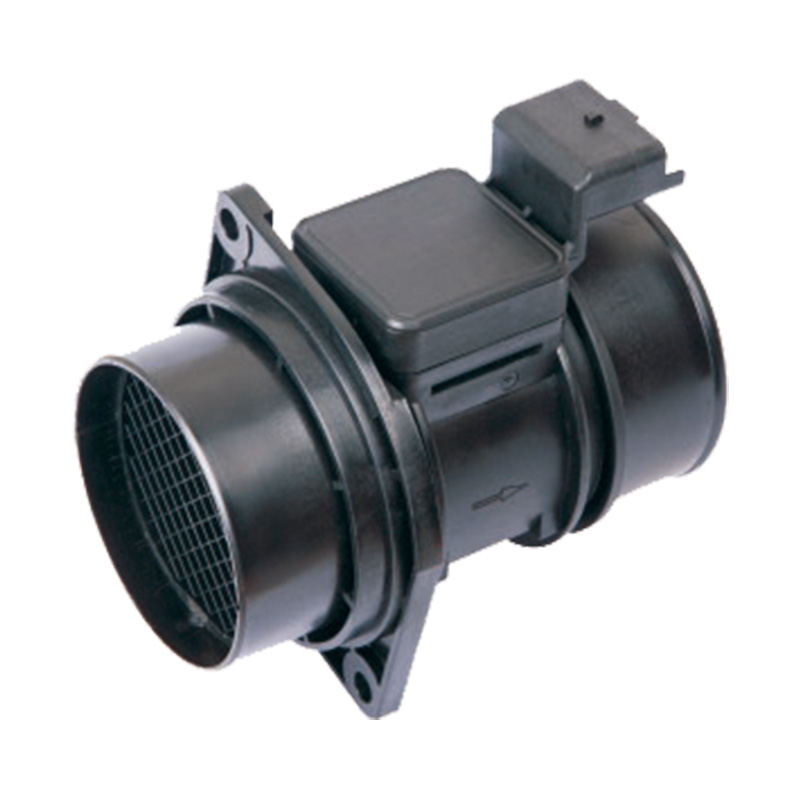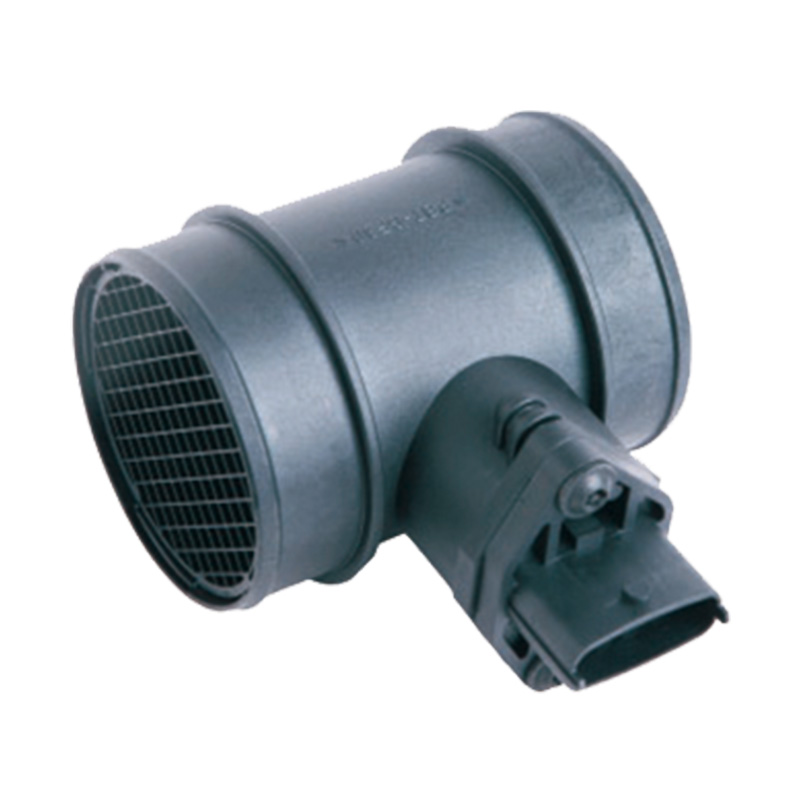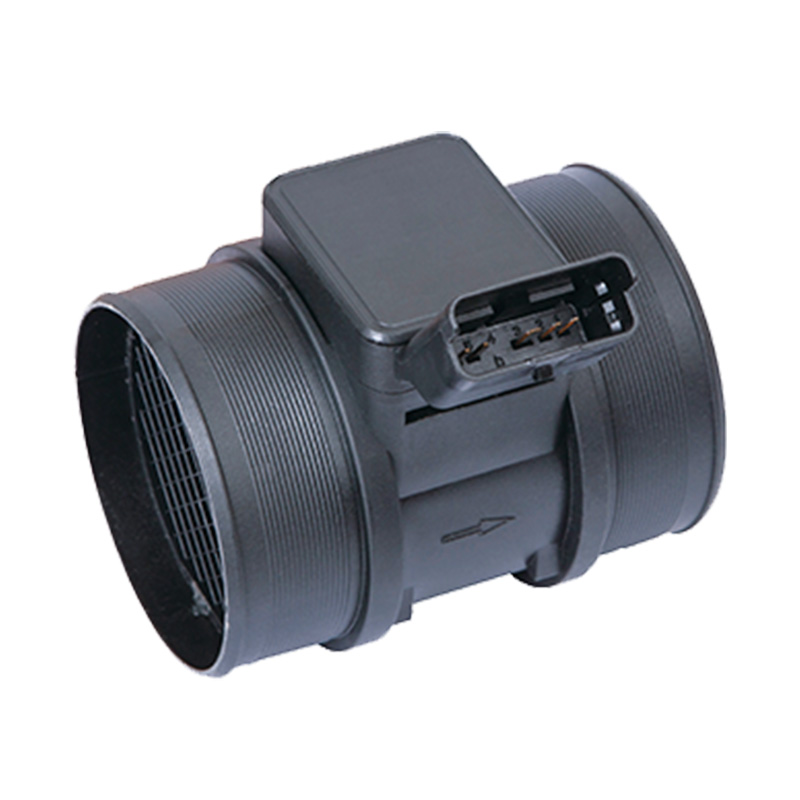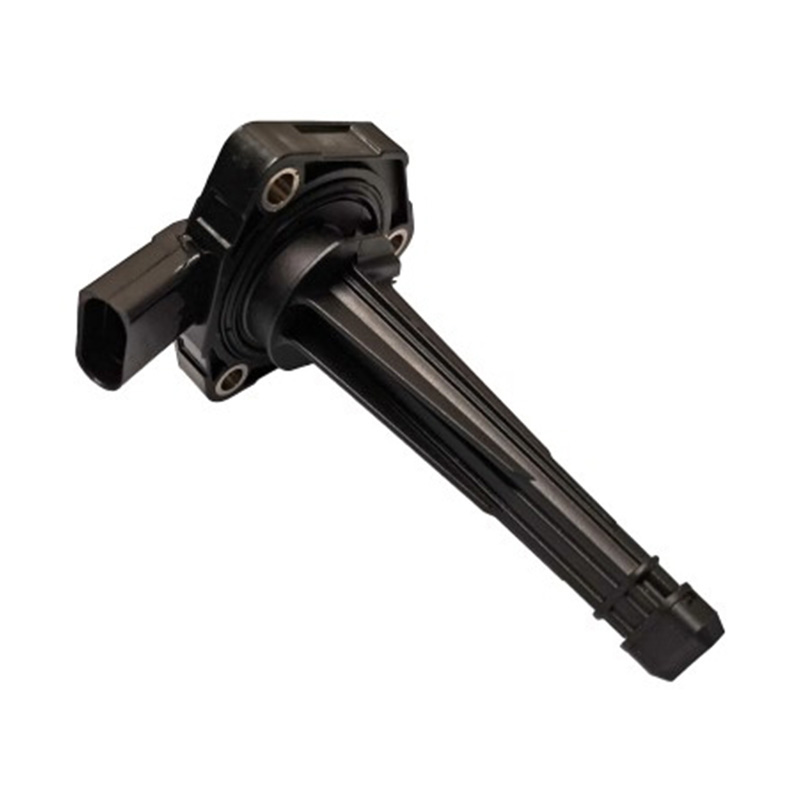OEM.NO: 5WK9620 5WK9620Z 5WK9620I
See DetailsThe Function Of Air Flow Sensor.
The mass airflow sensor (MAF), also known as the air flow meter sensor or air mass flow meter, is a crucial component within the intricate machinery of an automobile's engine. Its primary function is to measure the flow of air entering the engine, providing essential data that enables the engine control unit (ECU) to regulate various parameters for good performance and efficiency.
The Functions of Mass Airflow Sensor:
Air-fuel Ratio Control:
The mass airflow sensor plays a pivotal role in the regulation of the air-fuel ratio, a fundamental aspect of the combustion process. By precisely measuring the amount of air entering the engine, the sensor provides real-time data to the ECU, allowing it to adjust the fuel injection rate accordingly. This dynamic adjustment ensures that the air-fuel mixture remains within the good range for efficient combustion, thereby enhancing fuel economy and reducing emissions.
Engine Performance Monitoring:
Beyond its role in air-fuel ratio control, the mass airflow sensor serves as a vital tool for monitoring engine performance. By continuously measuring the airflow, the sensor enables the ECU to assess the engine's operational status. Any deviation from expected airflow values can indicate potential issues such as air intake restrictions or malfunctioning components. Consequently, the ECU can initiate corrective actions or generate diagnostic codes to assist in fault identification and resolution.
Fault Diagnosis:
The mass airflow sensor not only facilitates performance monitoring but also contributes to fault diagnosis within the engine system. Discrepancies between the airflow data provided by the sensor and information from other sensors can alert the ECU to potential malfunctions or abnormalities. For instance, if the ECU detects inconsistencies in airflow readings, it may diagnose a fault with the mass airflow sensor itself or other related components. This diagnostic capability aids in maintaining the integrity and reliability of the engine system.
Adaptive Engine Control:
Modern automotive systems often employ adaptive engine control strategies enabled by the mass airflow sensor. Through continuous monitoring of airflow dynamics, the ECU can adapt its control algorithms to optimize engine performance under varying operating conditions. Whether adjusting fuel delivery rates, ignition timing, or turbocharger boost levels, these adaptive strategies ensure good engine response, efficiency, and drivability across a wide range of driving scenarios.
Environmental Compliance:
In addition to enhancing engine performance and reliability, the mass airflow sensor contributes to environmental compliance by facilitating precise control over exhaust emissions. By maintaining the ideal air-fuel ratio, the sensor helps minimize the production of harmful pollutants such as nitrogen oxides (NOx) and unburned hydrocarbons (HC). This proactive approach to emission control aligns with regulatory standards and promotes environmental sustainability in automotive applications.
The mass airflow sensor serves as a cornerstone of modern engine management systems, enabling precise control over air-fuel mixture composition, monitoring engine performance, facilitating fault diagnosis, and supporting adaptive engine control strategies. Whether in the context of fuel efficiency, emissions reduction, or overall driving dynamics, the significance of the mass airflow sensor cannot be overstated. Its seamless integration into the automotive ecosystem exemplifies the relentless pursuit of advanced and innovation within the field of automotive engineering. As technology continues to evolve, the mass airflow sensor will undoubtedly remain a critical component in shaping the future of automotive propulsion systems.





